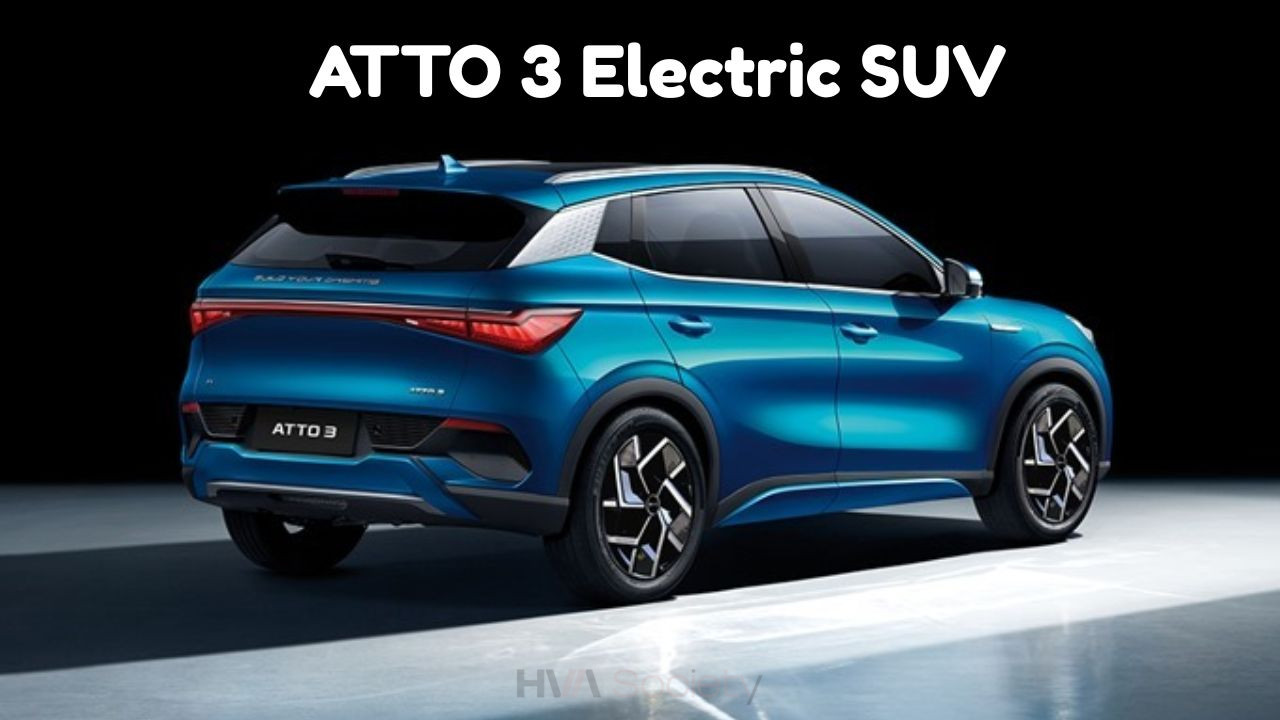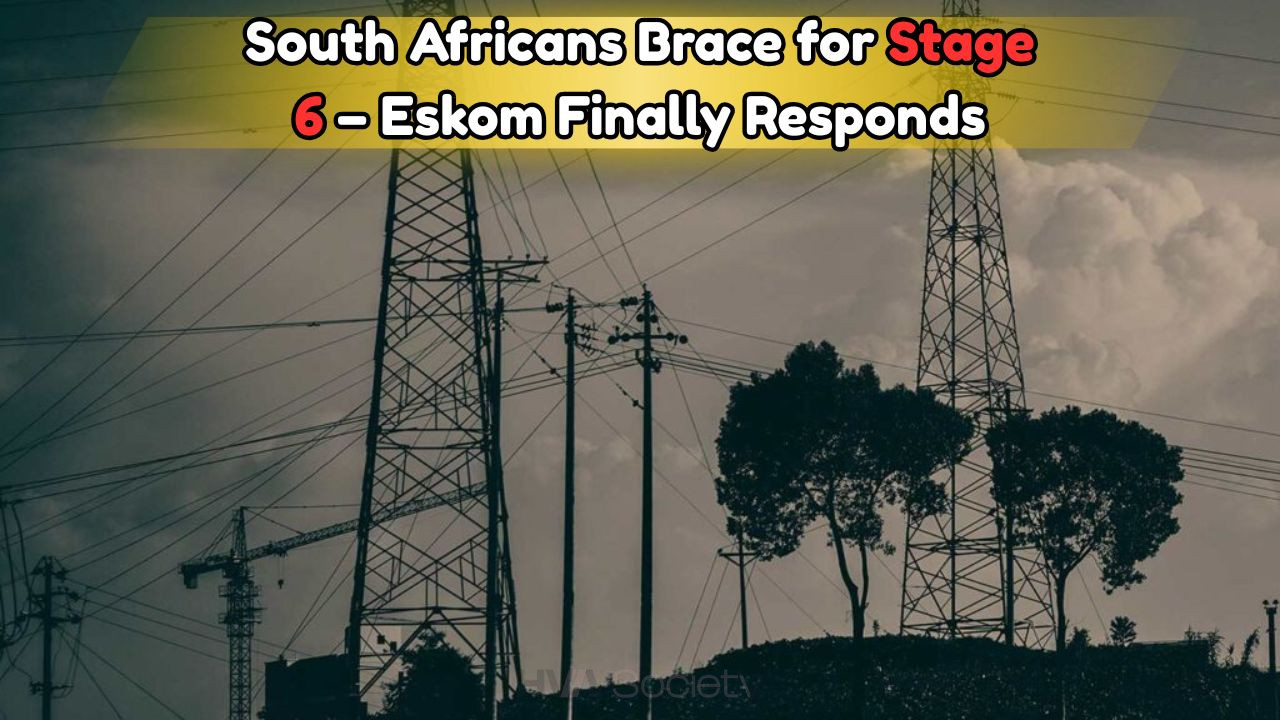Over 100 BYD Dealerships in South Africa by 2026
How BYD Dealerships Will Impact South Africa’s Auto Market
Over 100 BYD dealerships are set to make a significant impact on the South African auto market by 2026. The introduction of these electric vehicle (EV) specialists is expected to bring about a shift in consumer preferences and bolster the country’s move towards sustainable transportation. As South Africa grapples with high levels of air pollution and a dependence on fossil fuels, BYD’s expansion is timely and strategic. With their focus on affordability and cutting-edge technology, these dealerships will likely attract a wide customer base. Besides offering a range of electric vehicles, BYD’s presence will stimulate job creation, with numerous opportunities opening up within the automotive sector. This initiative aligns with South Africa’s broader environmental goals and promises to drive competition among local and international car manufacturers, ultimately benefiting consumers with more choices and better prices.
- Boost in electric vehicle sales
- Increased job opportunities
- Reduced carbon emissions
- Competitive pricing
- Enhanced consumer choices
- Technological advancements
- Support for local industries
BYD’s Strategy for Market Penetration in South Africa
BYD’s strategy to establish over 100 dealerships in South Africa by 2026 is ambitious yet calculated. The company aims to leverage local partnerships and government incentives to facilitate a smooth entry into the market. By collaborating with local businesses and stakeholders, BYD can ensure that its vehicles and services resonate with South African consumers. The company is also expected to invest in training local workforce, focusing on skills development in EV technology and maintenance. This approach not only addresses potential skill gaps but also empowers the local economy. Furthermore, BYD plans to offer competitive financing options, making its vehicles accessible to a broader segment of the population. The company’s strategic placement of dealerships in key urban and semi-urban areas will enhance visibility and accessibility, ensuring that South Africans across the country have the opportunity to explore and purchase electric vehicles.
| Year | Number of Dealerships | Target Sales | Job Creation | Training Programs |
|---|---|---|---|---|
| 2023 | 20 | 5,000 | 200 | EV Basics |
| 2024 | 50 | 15,000 | 500 | Advanced Tech |
| 2025 | 80 | 25,000 | 800 | Maintenance |
| 2026 | 100 | 35,000 | 1000 | Full Spectrum |
The Role of Electric Vehicles in South Africa’s Future
The introduction of over 100 BYD dealerships is poised to play a pivotal role in shaping South Africa’s automotive future. As the world shifts towards cleaner energy solutions, the demand for electric vehicles is on the rise. South Africa, with its unique environmental challenges and opportunities, stands at the cusp of this transformation. Electric vehicles present a viable solution to reducing the country’s carbon footprint and reliance on fossil fuels. They also offer economic benefits, such as reducing fuel costs and decreasing maintenance expenses. The government’s supportive policies and incentives for EV adoption further enhance the prospects of electric vehicles in the region. With companies like BYD at the forefront, South Africa can expect a significant boost in its green economy, paving the way for sustainable urban development and smarter cities.
 SASSA Announces Early July–August Grant Payments and Bonus Payouts for Eligible Beneficiaries!
SASSA Announces Early July–August Grant Payments and Bonus Payouts for Eligible Beneficiaries!
- Reduced reliance on fossil fuels
- Lower pollution levels
- Government incentives
- Economic savings
- Support for green technologies
- Increased public awareness
- Improved urban planning
South Africa’s Automotive Revolution
| Year | EV Adoption Rate | Government Incentives | Public Awareness Campaigns | Green Tech Support |
|---|---|---|---|---|
| 2023 | 5% | Tax Rebates | Initial Launch | Research Grants |
| 2024 | 10% | Subsidies | Media Blitz | Innovation Funds |
| 2025 | 15% | Infrastructure Support | Community Events | Training Programs |
| 2026 | 20% | Full EV Program | National Campaign | Tech Partnerships |
Challenges and Opportunities for BYD in South Africa
While the plan to establish over 100 BYD dealerships in South Africa by 2026 is promising, the journey will not be without challenges. One of the primary hurdles is the current lack of infrastructure to support electric vehicles. Charging stations are few and far between, which could deter potential buyers. Additionally, the cost of electric vehicles remains relatively high compared to traditional cars, posing a financial challenge for many South Africans. However, BYD’s commitment to affordability and innovation offers a silver lining. By investing in local assembly plants and leveraging economies of scale, the company can reduce costs and make EVs more accessible. Moreover, the growing awareness and acceptance of EVs among the South African populace present a significant opportunity. As consumers become more environmentally conscious, the demand for sustainable transportation solutions is likely to rise, positioning BYD as a leader in this emerging market.
- Infrastructure limitations
- High initial costs
- Consumer awareness
- Local assembly potential
- Environmental consciousness
FAQ Section
What is the significance of BYD’s expansion in South Africa?
BYD’s expansion signifies a major shift towards sustainable transportation, offering South Africans access to affordable and technologically advanced electric vehicles while supporting local job creation and environmental goals.
How will BYD’s presence impact the local economy?
BYD’s presence will create job opportunities, promote skills development, and stimulate economic growth through local partnerships and investments in infrastructure and technology.
What challenges might BYD face in South Africa?
Challenges include inadequate charging infrastructure, high vehicle costs, and the need to enhance consumer awareness and acceptance of electric vehicles.
What are the benefits of electric vehicles for South Africans?
Electric vehicles offer environmental benefits, such as reduced emissions, and economic advantages, including lower fuel and maintenance costs.
How does BYD plan to make its vehicles more accessible?
BYD plans to offer competitive financing options, invest in local assembly to reduce costs, and strategically position dealerships for better accessibility.








